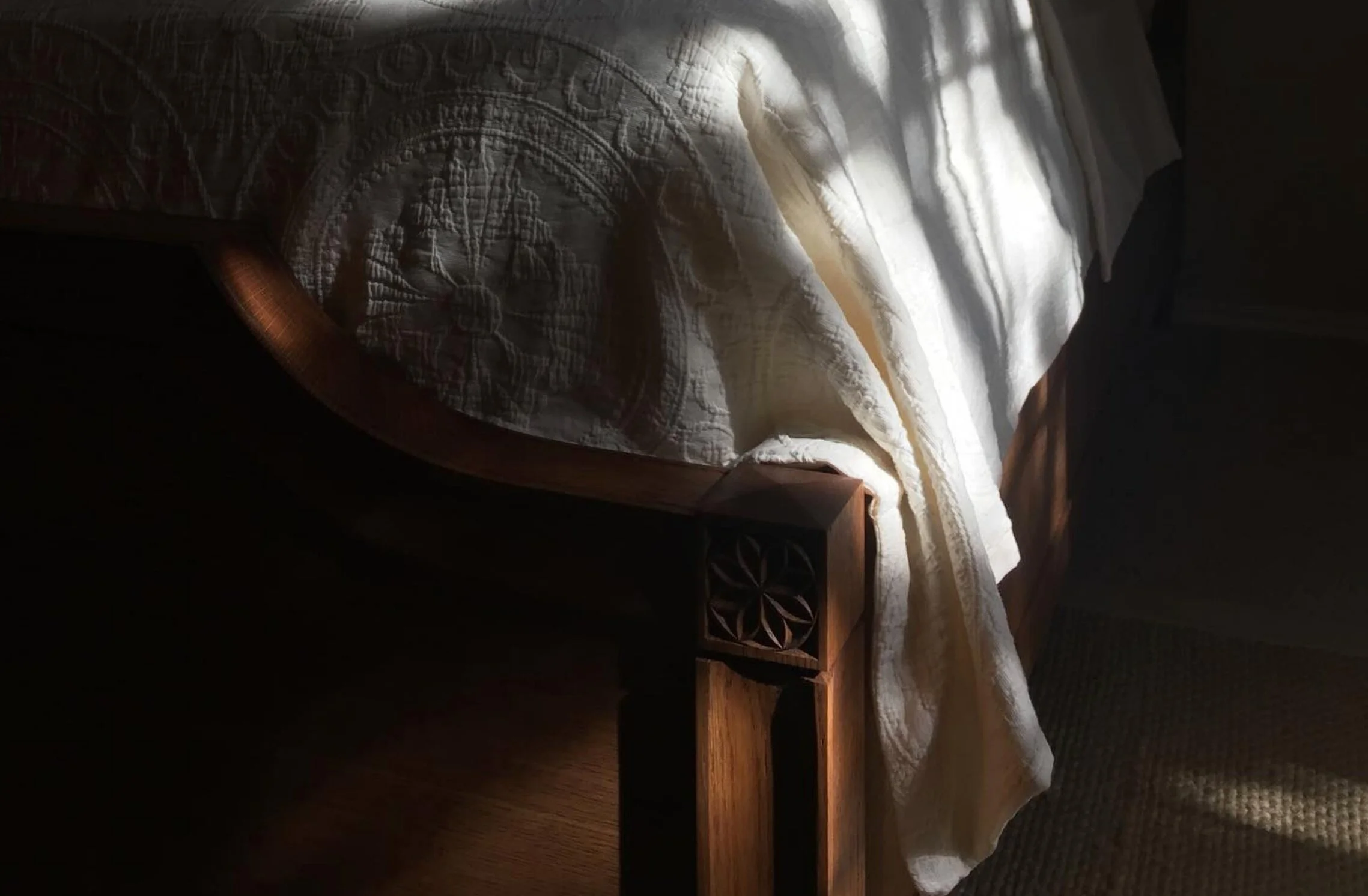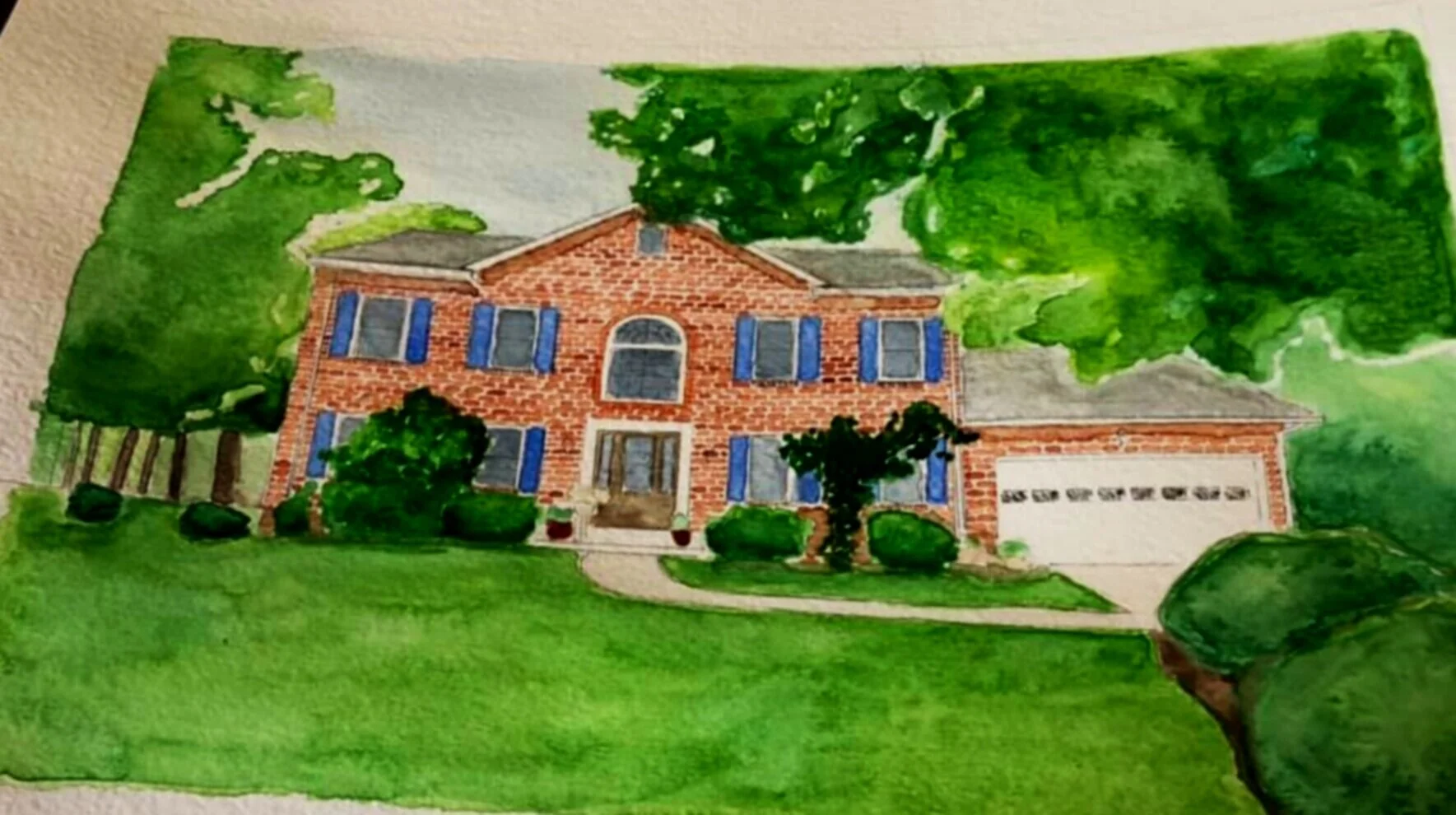"An excerpt from The Mindful Catholic, available on Amazon from Beacon Publishing"
Chinese Finger Traps
Have you ever used or seen one of those Chinese finger traps? They are braided tubes that you stick a finger in each end of, and as you try to pull your fingers out, the tube narrows and grabs your fingers even harder.
This is a good image for what happens when you try to solve problems in your life with the Doing mind. As you wrestle through a situation trying to come up with a solution, your brain is firing away as if you are in danger, and this in turn narrows your sense of creativity. Creativity is an essential element to problem-solving, but it doesn’t work very well when anxiety is increasing. This is also why people will often “sleep on it” when trying to figure out a problem or coming up with writer’s block. Letting the problem go for a time is like releasing your fingers from the pulling movement of the finger trap. If you relax the fight to free your fingers, the tube lets go and you can actually slip them out. When you let go of the “problem” disposition towards something that actually needs to be figured out, your brain relaxes the Doing mode and you can open up to solutions you never thought possible.
The problem is that we have been trained from day one to solve problems, think critically, and work until we figure out that we have to work harder. Our society rewards this type of hyper-productivity and hyper-achievement. At first glance, it seems that relaxing, “sleeping on it,” or letting go is just laziness. No matter how much we accomplish, many of us always feel that we haven’t done enough.
Business- Your Archnemesis
That mindset is the arch-nemesis of mindfulness. It is the reason for why it is so hard for you to find the time to practice the exercises. You simply can’t wrap your head around the notion that pausing your day to spend 8 or 10 minutes doing nothing can be a good thing. The real irony is that we end up wasting many times that amount of time getting caught up in email, something online, news, or many other frivolous distractions. We never set out to waste that time, it just happens. To actually plan to do nothing “productive” though is almost inconceivable.
The secret here is that practicing mindfulness will actually make your day more productive. I am not against productivity. Quite the opposite actually, I am trying to help you to be more productive. The research, along with the experience of countless business executives, entrepreneurs, and men and women trying to get more out of life, shows that spending time each day reorienting your mind with mindfulness changes positively how you relate to everything and everyone, making you more efficient and productive.
We can also sense this in our spiritual lives. Sometimes we become frantic when we don’t know what we are supposed to do. Discernment is a process that requires gentle peacefulness, and we need to slow down in order to hear the voice of God. Elijah met God in the “still, small voice” of a gentle breeze. God was not in the storms. We allow those storms to rage on in our minds and hearts and grow even more disquiet when we can’t figure out where God is in the midst of it all. This is why St. Therese said about Jesus that she would “let him sleep in her little boat” no matter how bad the storm got and how much the waves crashed. She knew that there was peace to be found in that storm, and she could simply quiet her soul knowing Jesus would take care of it if he needed to. This peace is necessary for you to be able to truly hear the voice of God. This interior quiet is the fruit of learning how to slow down and let your mind settle into the reality of the present moment instead of looking for God in the midst of the frantic thoughts and feelings.
“Often we become agitated and disturbed by trying to resolve everything by ourselves, when it would be more efficacious to remain peacefully before the gaze of God and to allow Him to act and work in us with His wisdom and power, which are infinitely superior to ours… This doesn’t mean we should be lazy or inactive. Trusting God is courageously and powerfully active. This is an invitation to act, even to a tiresome level at times, under the impulse of the Holy Spirit. This is not a spirit of disquietude, agitation, or excessive hurry, which is too often the case with us and the way we want to be active.”
Doing Mode and Creativity
One study researched two groups of students completing a maze. One group had to move a mouse through a maze to escape a hawk flying overhead that wanted to eat it. The other group had to move a mouse through the same maze to get to a piece of cheese at the end.
The maze was simple enough and there was no significant difference in the time it took the students to complete it. On the way out of the study room, however, the students were asked to complete a second, seemingly unrelated, task. (College students are often getting tricked by Psychologists.) This task measured the degree of creativity that was employed to finish it. Remarkably, the group of students who had solved the maze to save the mouse from impending death-by-hawk exhibited 50% less creativity in the second task than the students who were simply moving the mouse to the cheese.
Simply solving the maze, which meant spending 15 seconds with the thought of a hawk eating a mouse on a piece of paper, was enough to affect the group’s brain chemistry and reduce their creative ability by 50% on a different task. Our brains are incredibly sensitive to thought patterns we spend time with.
Think again about being in a physically threatening situation. If a bear were chasing you in the woods, your brain would not waste resources on creative thinking. The SNR triggers automatic, autopilot actions. We conserve energy by being less creative when we are threatened. This is why it is so important to override the SNR when we are not actually being physically threatened. In many situations, it helps to have control of this response so that we can come up with creative solutions to solve our problems. Most military training involves desensitizing this stress response for exactly this reason. Even when a person’s life is actually on the line, thinking creatively and “outside-the-box” usually proves to be a useful skill.
Continue reading by purchasing the book here: http://amzn.to/2EXTCWx (please use this affiliate link if reposting).
Gregory Bottaro
Dr. Bottaro is a clinical psychologist practicing in Connecticut serving the greater New York Metropolitan area and many others through online therapy. He received his Psy.D. (Doctorate in Clinical Psychology) from the Institute for the Psychological Sciences, a graduate school in Arlington, VA that integrates Catholic philosophy and theology with sound, empirically validated psychology.











